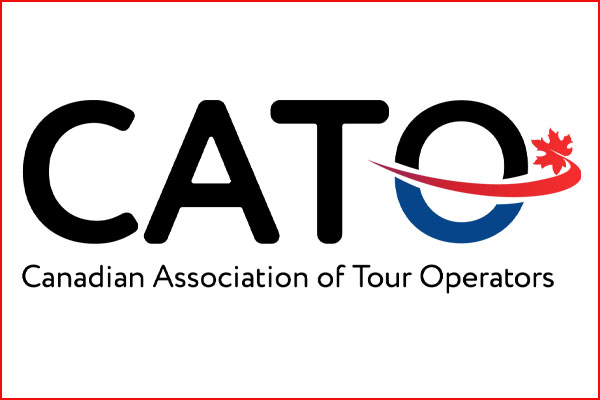CATO Takes A Stand

In a statement issued yesterday, the Canadian Association of Tour Operators (CATO) has outlined its position on Ontario’s Travel Industry Compensation Fund and they kind of changes that are needed.
CATO Chair, Brett Walker writes: “It’s time for consumer protection that’s commensurate to consumer risk and without all the caps and gaps. It’s time for government and TICO to get this right and to provide consumers the protection they deserve, and no doubt believe they have, when booking with an Ontario registrant.”
In its statement, CATO says:
“We believe the consumer Compensation Fund should, at a minimum, be co-funded by consumers. (Consumers being natural persons and not corporations). A consumer contribution is the only means to grow the Compensation Fund sufficiently to account for current realities and to ensure consumers are fully protected, without any caps, in the event of a registrant failure. A consumer contribution is also the surest way to heighten awareness of the Fund’s consumer protection and the importance of booking with a TICO registrant.”
It continues:
“In an actuarial review five years ago, commissioned by TICO and performed by Deloitte, it was determined the target Fund size should be between $50 million to $60 million. However, the review noted that even a Fund this size still required the retention of consumer and per event caps on claims, as well as not accounting for any large registrant failures or catastrophic losses. The current Fund is roughly half the amount of the minimum target Fund size suggested by Deloitte back in 2018.”
CATO points out that:
“Not only is the size of the Fund wholly inadequate, consumers should not be victims of the imposed caps on claims. Set decades ago, these caps were never indexed, and the rapid rate of inflation exposes consumers to ever increasing risk. Further hampering any claims by consumers is that the Fund is restricted to being the payer of last resort. Not only does this subject consumers to an exhausting claims process prior to ever making a legitimate claim against the Fund, such subrogation of responsibilities exposes registrants to higher costs to banks and other payment processors as well as having to pay into the Fund; hardly creating a competitive landscape for tour operators and other travel businesses in Ontario.”
And the association’s continues:
“Currently, funding of the Compensation Fund is through each Registrant’s annual Compensation Fund Remittance (Form 1) filing. In addition to this, each Registrant is required to pay an annual registration/ renewal fee of between $300 to $1,800 for each Head Office (in accordance to sales volume) and $300 for each Branch Office. Exacerbating the funding of the Fund is that TICO also draws from the Fund for certain operating expenses related to the Fund, thus depleting the fund and further reducing the extent to which consumers are protected by the Fund.”
States CATO:
“Though TICO has engaged a consultant to complete a comprehensive review of all fees, with expected recommendations later this year, such engagements in the past have produced little if any results. Enough is enough. Consumers and registrants deserve a consumer protection fund commensurate to consumer risk. This can only be achieved through a funding model that includes a consumer contribution as well as minimizing any caps and gaps that expose consumers to losses. The current fund is wholly inadequate, and the status quo is simply unacceptable.”


